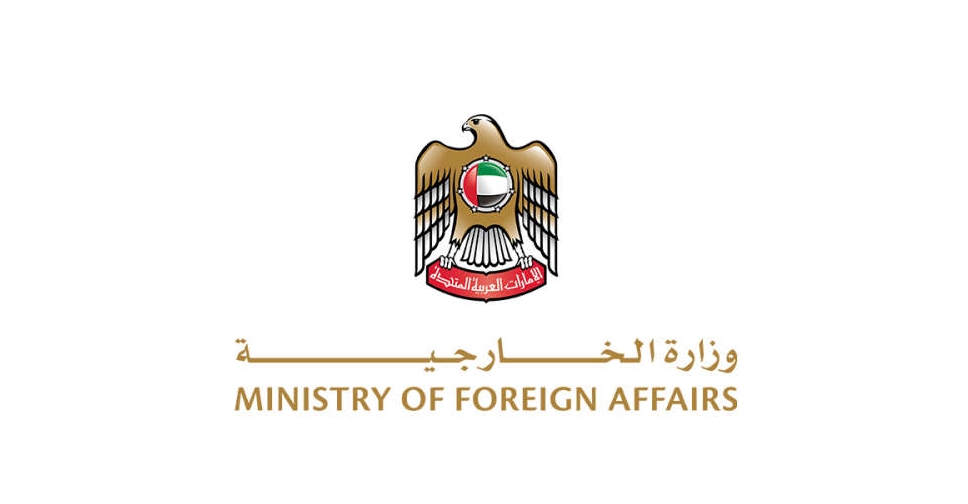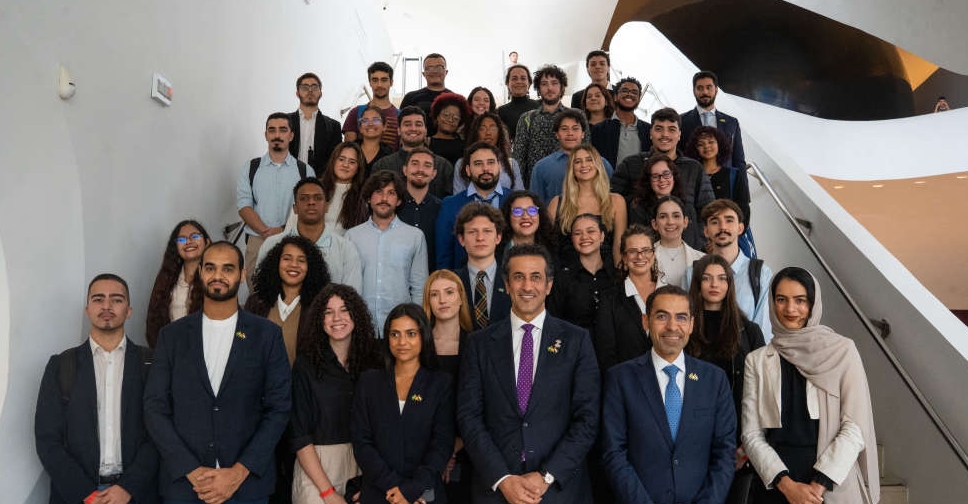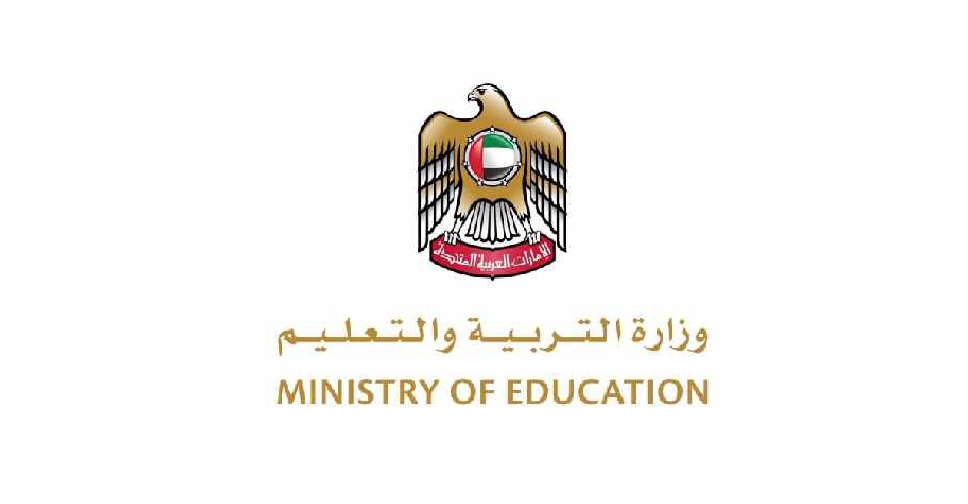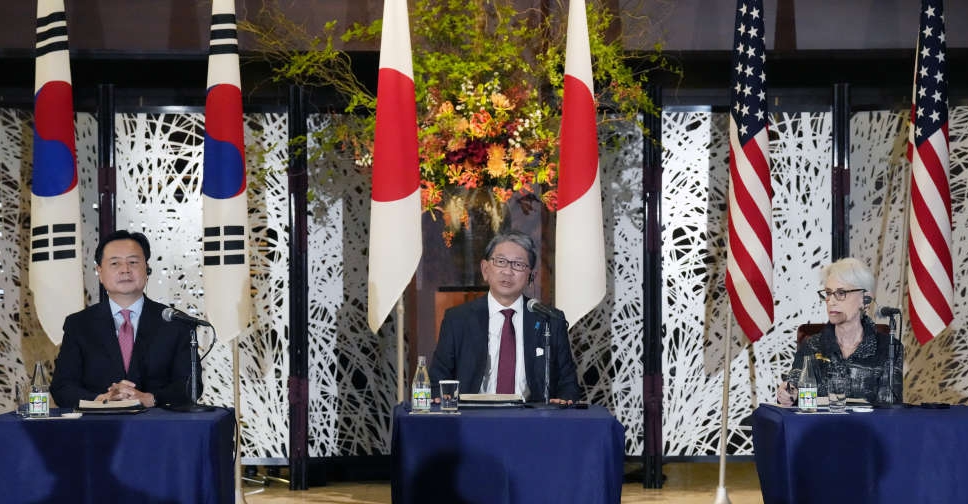
South Korea said on Wednesday it had agreed with the United States and Japan that a resumption of nuclear testing by North Korea would have to be met with an "unparalleled" response.
Washington and its allies believe North Korea could be about to resume nuclear bomb testing for the first time since 2017, but experts say they have few good options for preventing or responding to such a move.
South Korean First Vice Foreign Minister Cho Hyun-dong discussed the issue with his Japanese counterpart Takeo Mori and US Deputy Secretary of State Wendy Sherman in Tokyo.
"We agreed that an unparalleled scale of response would be necessary if North Korea pushes ahead with a seventh nuclear test," he told a joint news conference.
The United States and its allies have offered few details on what new measures they might take in response to a resumption of nuclear testing, which State Department spokesman Vedant Patel reiterated on Wednesday would be "grave escalatory action" that would "seriously threaten regional stability."
U.S. Secretary of State Antony Blinken told an event hosted by Bloomberg that Washington and its allies were working to strengthen their defences and would work with countries, including at the United Nations, "to exert appropriate pressure on North Korea."
North Korea's last nuclear test concerned China and Russia to the extent that they backed toughened United Nations Security Council sanctions, but it is unclear if they would do so again, given the dire state of US relations with both Moscow and Beijing due to the war in Ukraine and tensions over Taiwan.
In May, China and Russia vetoed a US-led push to impose more UN sanctions on North Korea over its repeated missile launches, publicly splitting the UN Security Council for the first time since it started punishing Pyongyang in 2006.
When asked about a possible nuclear test by North Korea, Russia's UN Ambassador Vassily Nebenzia said on Wednesday:
"Let's solve problems as they arrive. I wouldn't speculate before anything happens. But, of course, the prospect of it is not very welcome."
At the news conference in Tokyo Sherman urged North Korea to "refrain from further provocations," calling them "reckless and deeply destabilising for the region.
"Anything that happens here, such as a North Korean nuclear test... has implications for the security of the entire world," she said. "We hope indeed that everyone on the Security Council would understand that any use of a nuclear weapon will change the world in incredible ways."
When asked about the comments in Tokyo, Chinese foreign ministry spokesperson Wang Wenbin called on all the countries to acknowledge "the root causes of the long-standing impasse" over North Korea's weapons programs and take steps to enhance mutual trust and address the concerns of all parties.
North Korea has been carrying out weapons tests at an unprecedented pace this year, firing more than two dozen ballistic missiles, including one that flew over Japan.
At a regular news briefing, Patel declined to detail how Washington would respond to a resumption of North Korean nuclear testing, but said, using the initials of the country's official name: "We continue to have tools at our disposal to hold the DPRK accountable."
He referred to US unilateral sanctions in response to North Korean missile launches this year, as well as joint military exercises with Japan and South Korea, which involved a US aircraft carrier for the first time since 2017.
Mori said the United States, South Korea and Japan had committed to "further strengthen deterrence and response capability" and trilateral security cooperation.


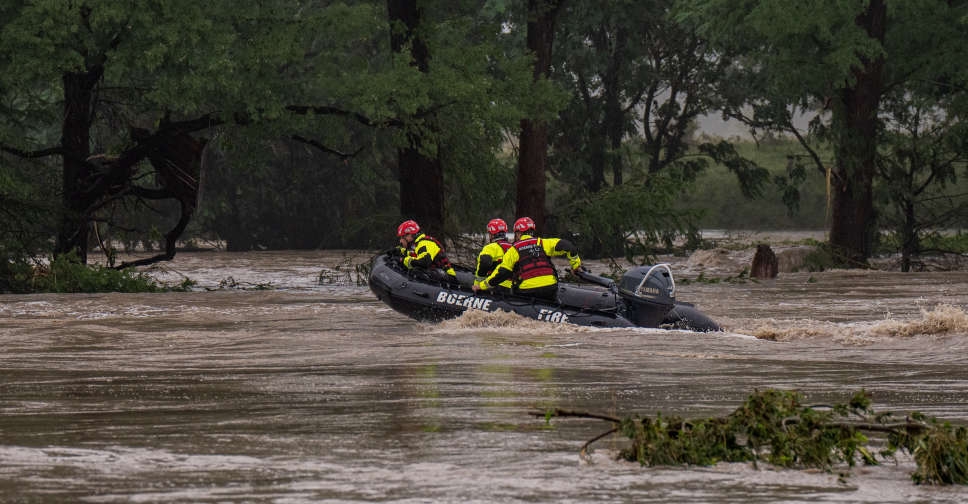 At least 24 dead in Texas flash flooding
At least 24 dead in Texas flash flooding
 Aid foundation says two of its workers injured in Gaza
Aid foundation says two of its workers injured in Gaza
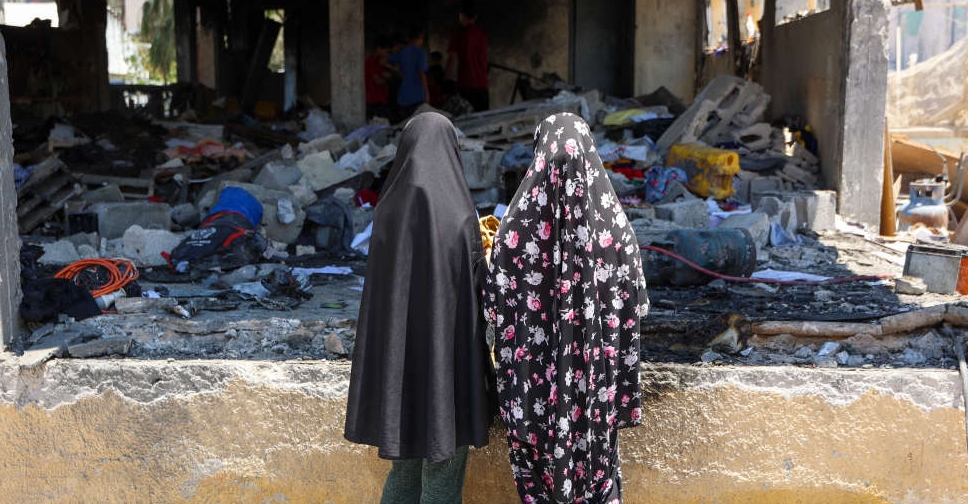 Hamas says it responds to Gaza ceasefire proposal in 'positive spirit'
Hamas says it responds to Gaza ceasefire proposal in 'positive spirit'
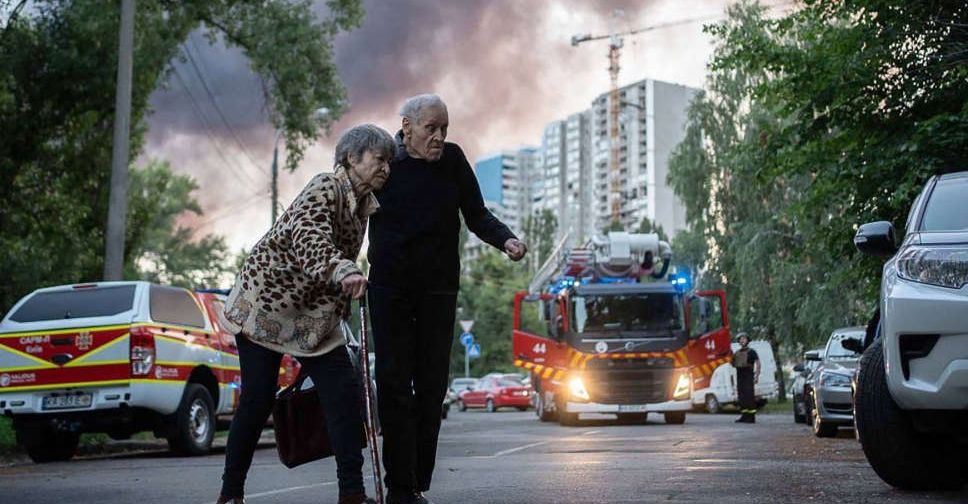 Russia pounds Kyiv with largest drone attack, hours after Trump-Putin call
Russia pounds Kyiv with largest drone attack, hours after Trump-Putin call
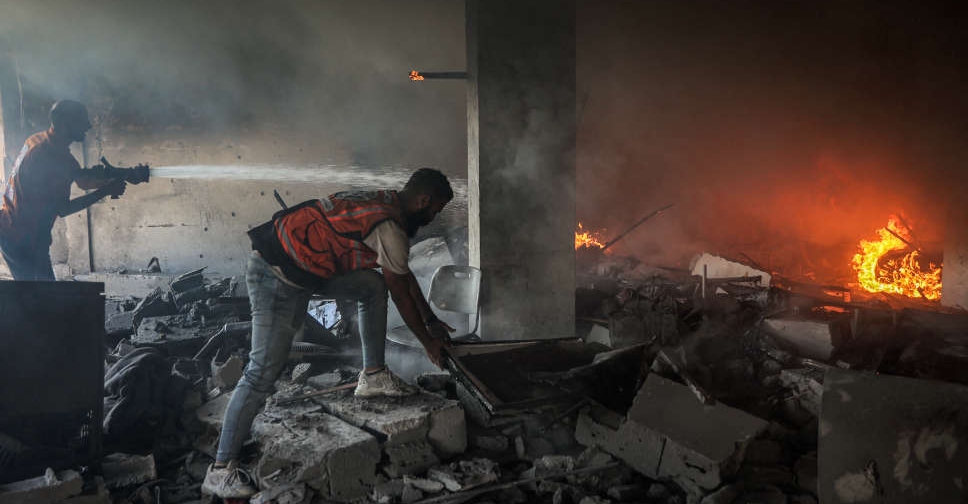 Trump says he expects Hamas decision in 24 hours on 'final' peace proposal
Trump says he expects Hamas decision in 24 hours on 'final' peace proposal

